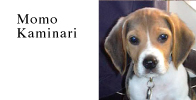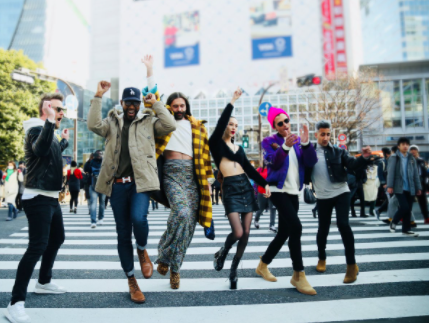
“Everyone has their limits. Everyone has a line, and people need to tell others when it’s been crossed,” says Joey Rinaldi. Having grown up in Forest Hills NYC, the 45 year old developed a keen interest in visual media after having to dodge around crews making gritty cop dramas along his daily commute. This keen interest, along with an encyclopedic knowledge of television, occasionally sees the opinionated Rinaldi clashing with others.
“There were four non-Japanese colleagues of mine in the lunchroom at work, bagging Japanese television,” recalls the strongly-accented man (think “Taking of Pelham 123”). “It was the usual innocuous banter. They were making fun of the way B-grade celebrities exclaim that the food that they are eating is incredibly delicious. They were commenting at how their Japanese friends watch comedy programs stone-faced, while cute models wet themselves laughing at something happening in the studio.”
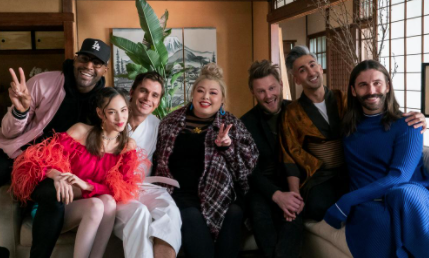
It was at this point that things went a little too far for Rinaldi’s liking. “They then began laughing about Queer Eye: We’re in Japan, which is actually the best series of the franchise ever. So, I let them all know that a quality program needs to be acknowledged no matter what the content may be. Let me make it clear that I’m not what I’d describe as a major fan. I didn’t volunteer to defend the program. This is a role that was forced on me.”
So, what is it that makes QEFTSG better in Japan?
“Well, the people that they focused on were pretty ordinary, but they producers steered clear of cliché such as zany science geeks, zany manga artists, and perverted businessmen. So, the people they featured were all deadbeats leading mundane, depressing lives, but the were still far better to observe than some disgusting Alabama redneck. The camera went into some Japanese homes too which were pretty cool to check out. With most Japanese homes, you see one and you’ve seen them all. However, it allowed overseas audiences to see that all-too-common clutter that you rarely see in Japanese films. Hording should be acknowledged as an illness, and Japan has more than its fair share of manifest cases.
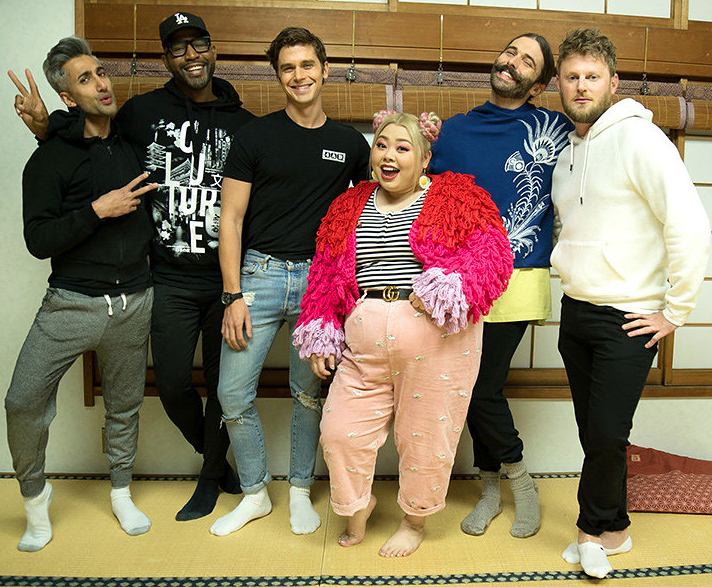
“I’d add that this season managed to steer clear of harmful racial stereotypes, promote cultural understanding, and give a voice to a minority community that is sometimes sidelined. It could have been a giant train wreck where they gaijin-smashed their way through overly sensitive, reticent locals who didn’t really know what they’d signed up to, but it was smoother than the Yamanote Line on a Sunday without strong winds or earthquakes. They mispronounced every Japanese word they said though. I mean, it doesn’t take much to learn how to pronounce ‘sake’ correctly, does it.”
Warming to his non-voluntary role of defending the Japanese version of the show, Rinaldi let loose a carefully worded broadside at his ignorant colleagues. “I find it very hard to believe that anyone with an educated appreciation of television as a visual art form could honestly cast aspersions on such a successful project. As a viewer, I was nearly overwhelmed by the never-ending shots of tatami mats, old-style windows, and assorted Buddhist knick-knacks.
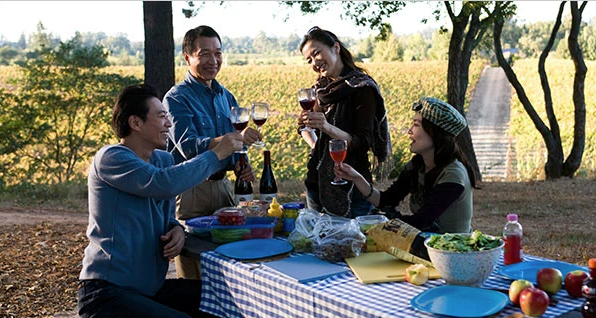
“It’s not just Queer Eye: We’re in Japan,” said Rinaldi. “Look at the wonderful (Japanese) adaption of Sideways. Now, deep and well thought-through conversations in movies are fine. I hope producers all over the world can learn this from watching the original version. The original Sideways did an amazing job of delving into the awkwardness, frustration, and despair of being 40 years old and unsuccessful. I applaud the producers for putting that on the big screen. Having said that though, there’s something special about taking all those varying levels of emotion and boiling them down to a man chasing a woman, who he barely knows, down the street while repeatedly asking her why she doesn’t want to move back to Japan.”



